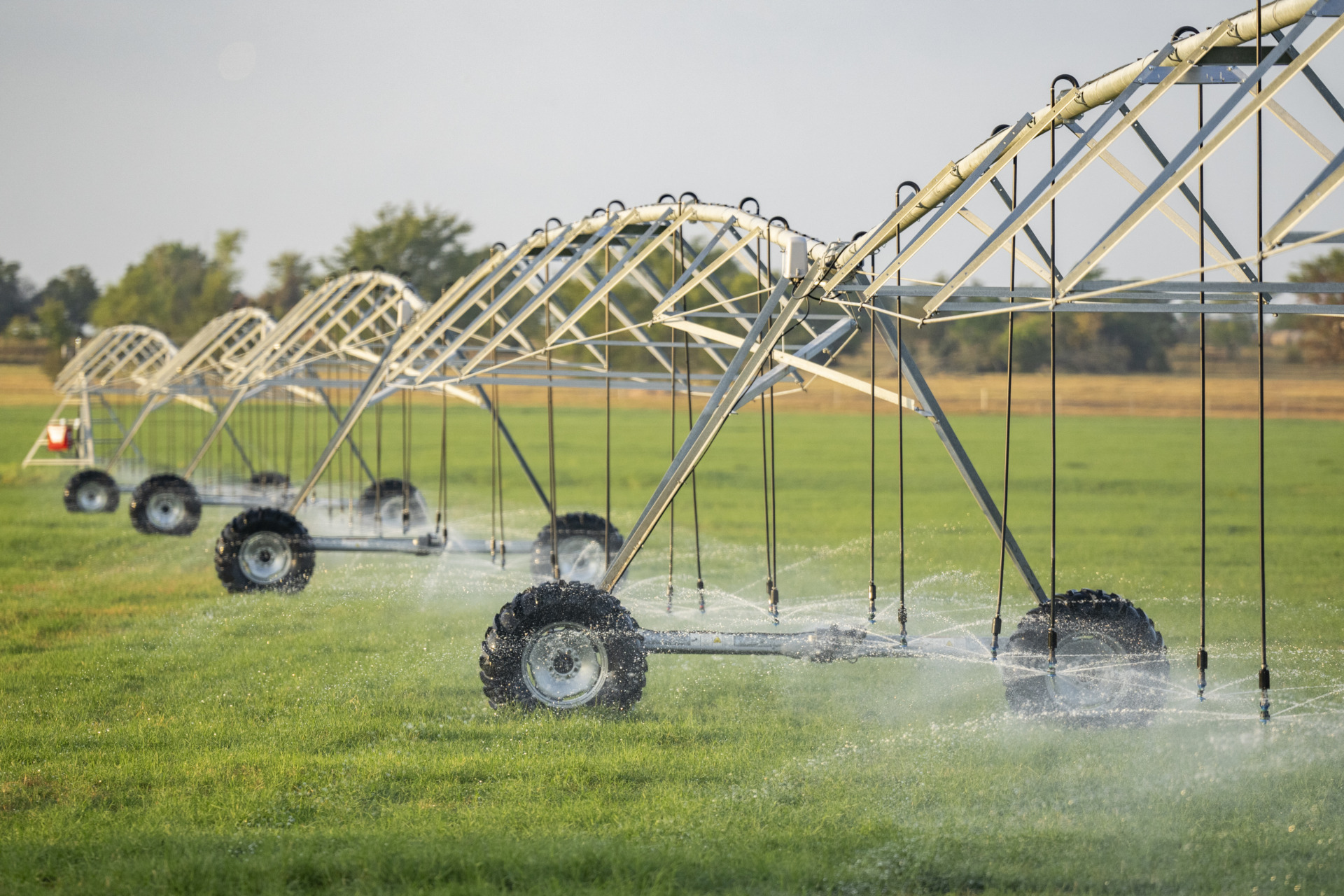Why did Earth once turn into a giant frozen snowball? Australian scientists now have an answer
University of SydneyAustralian geologists have used plate tectonic modelling to determine what most likely caused an extreme ice-age climate in Earth’s history, more than 700 million years ago.





































